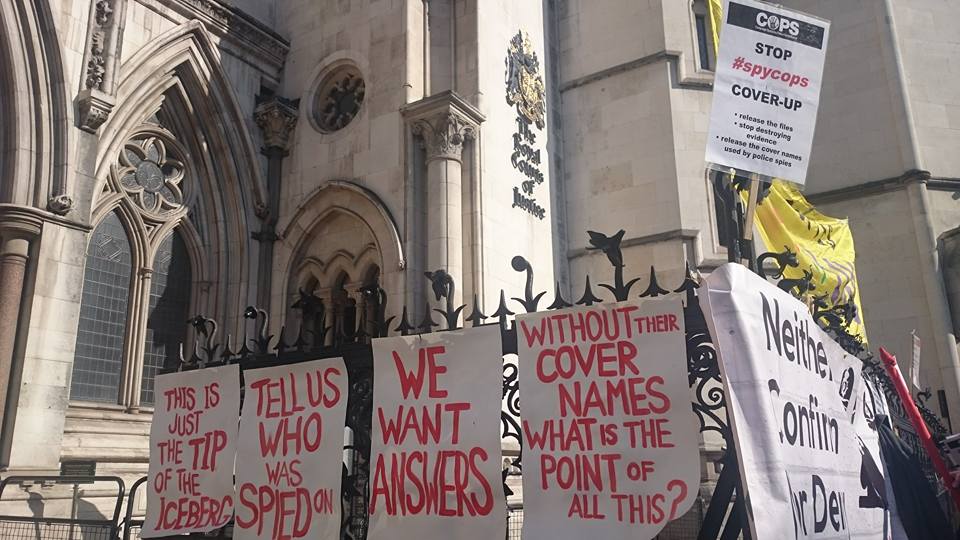Priti Patel is being sued over her decision to ditch safeguards designed to limit discrimination in police use of stop and search powers. In July the Home Secretary announced the decision to drop measure introduced in 2014 by then Prime Minister Theresa May to address the high levels of racial disproportionality in stop and search, especially marked under Section 60 which allows officers to stop without the need for reasonable grounds to suspect a person is in possession of a weapon.
Campaign groups Liberty and StopWatch are taking legal action against the Home Secretary warning that getting rid of the safeguards ‘risks being unlawful’ and will result in more people being stopped and searched. In a letter to Patel, they point out black people are already ‘up to 18 times more likely than white people to be subjected to “suspicionless” stop and search’; and that research by the College of Policing found Section 60 had no real effect on knife crime with only 1% of searches resulted in a weapon being found.
Habib Kadiri, StopWatch research and policy manager, said the 2014 scheme ‘showed some signs of progress’, explaining: ‘[When] police operations were held to stricter standards, Section 60 use fell 99 per cent with no negative impact on knife crime, proving the redundancy of the vast majority of searches under the power.
‘Developing trust among overpoliced communities depends on curbing police excesses and bringing their operations to heel,’ Kadiri continued. ‘Removing the safeguards instead sends the message that the police can continue to harass those communities with racially discriminate practices using an almost wholly ineffective power. This must not be allowed to happen. We are determined to hold the police to account.’
‘We all want to feel safe in our communities, but the police have consistently shown that they do not use stop and search fairly or proportionately, so increasing these powers isn’t how we get there,’ said Lana Adamou, a lawyer at Liberty. ‘Not only are Section 60 stops ineffective at detecting and reducing knife crime, they disproportionately target people of colour, particularly Black people. Widening police powers under Section 60 will worsen existing divisions between police and communities at a time when public trust and confidence in the police is at a serious low.’
‘Instead of handing the police ever greater powers, the Government should repeal suspicion-less stop and search powers like Section 60,’ said Adamou. ‘We need community-led interventions through investment in health, education, housing and social welfare – and for those in power to work with communities to develop strategies for keeping all of us safe which have human rights at their heart.’







